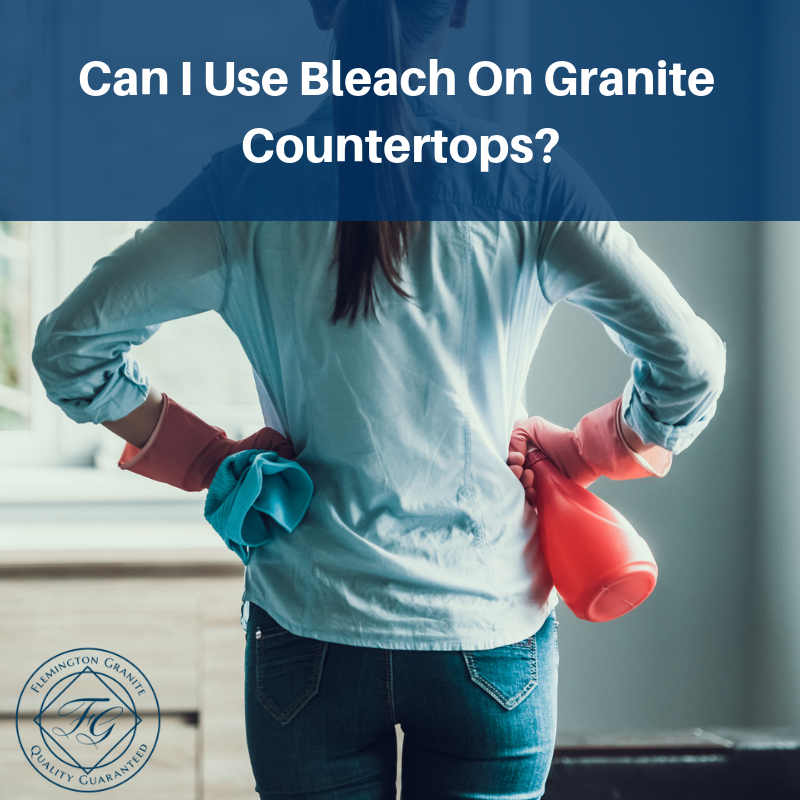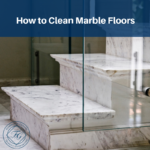
It’s no small wonder that people love granite, and other stone countertop materials like marble and travertine. They’re timeless, they come in a wide variety of colors and patterns to match any décor, and they’re incredibly durable. They’re resistant to scratches, heat and a lot of high-energy impact.
One of the biggest practical niceties of these materials, though, is how easy it is to clean them. Given they’re not porous, they don’t stain if sealed properly, and any material is easily removed, no matter how viscous or dried-on it has become. This cannot be said for most synthetic or organic materials out there.
A question that arises, though, is what cleaning products are and aren’t safe for a granite countertop. Obviously, you want to keep your kitchen or bathroom sanitary, which you instinctively expect to require certain astringent products to be involved. For example, many homeowners wonder if it’s safe to use bleach on granite.
Disinfection
In all reality, granite and other smooth stone countertops don’t need to be disinfected, per se. Not being organic or porous, the use of warm water and, at the most, soap, generally suffices to wipe away any bacteria or viral agents that could be accrued on the surface. Bleach and other strong agents should be used minimally if at all.
Stain Reduction
Granit, marble and travertine generally don’t stain if they’re properly sealed – a process of buffing the surface and applying a sealant. However, should the seal be compromised, mild, shallow staining can occur. Bleach, in this case, can be used to lift these stains before the reapplication of a seal. It need only be used for spot treatment in this case, and very sparingly.
Proper Granite Cleaning
Due to the fact that granite and similar materials are very resistant to bacteria and other organic substances, you should generally use gentle, non-abrasive cleaners. A dedicated granite cleaner is recommended, something like Granite Gold Daily Cleaner ®, but this isn’t necessarily required. The use of warm water and antibacterial soap (dish soap) works well enough, with a soft sponge or cloth.
Things to Never Use on Granite
Granite isn’t invincible, and just as citric acid from lemons, limes, pineapple and tomatoes can etch the surface of it over time, so can some cleaning products. Corrosive or harsh substances like vinegar, ammonia, or anything containing citrus should absolutely be avoided. This goes for coarse, abrasive cleaners like comet as well.
Under no circumstances use steel wool or other rough pads!
The Importance of Sealing
The most important ongoing maintenance for granite is the regular sealing of it. Under most circumstances, this merely involves the application of a granite sealer product after cleaning. These seals get sprayed in in 3-foot strips, which are then gently wiped in with a clean cloth. This process should be done 2-3 times in a row.
Buffing is only required of etching has occurred from acids or abrasives.
So, Can You Use Bleach?
Long story short, you can use bleach to lift stains from granite, but it should not be used as an all-purpose cleaner. To learn more about granite safety and care, fill out our contact form or call us today!






